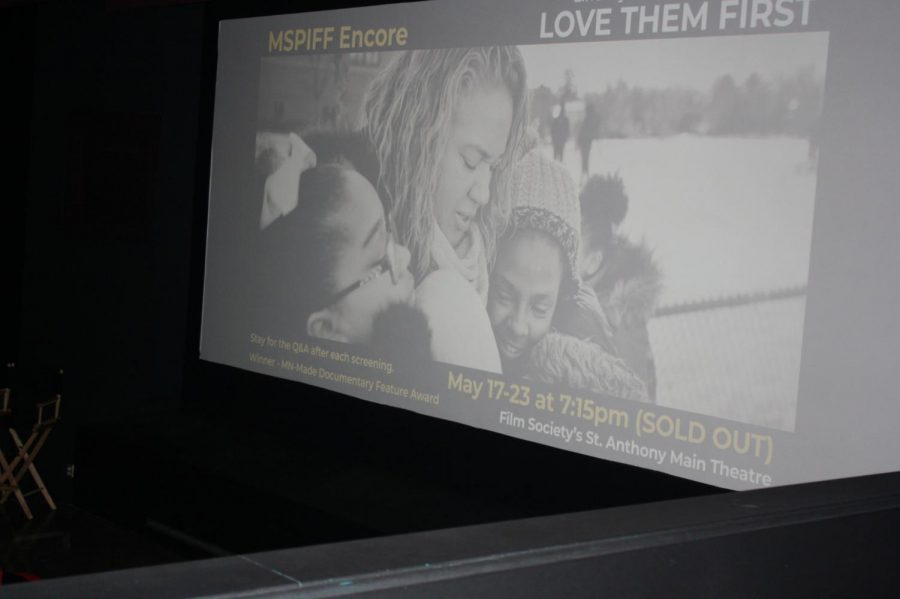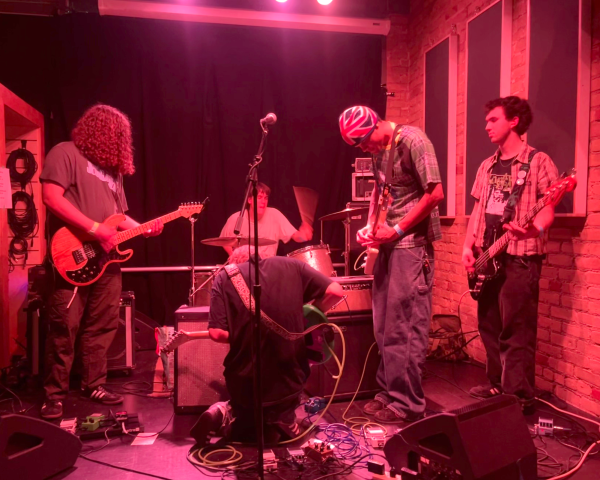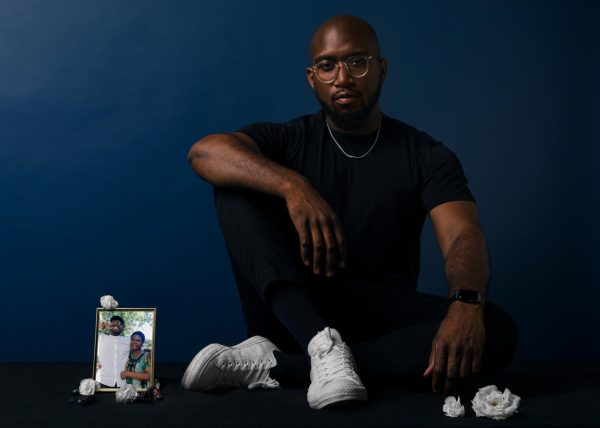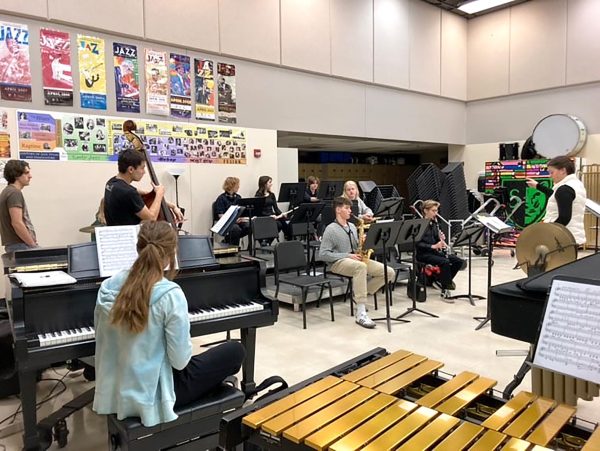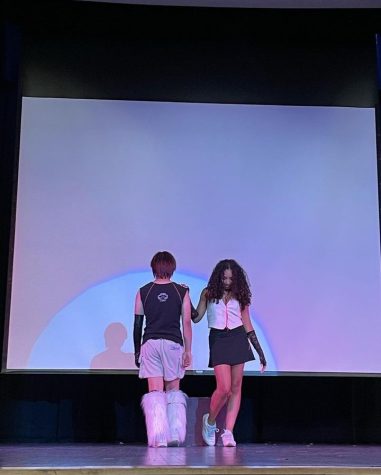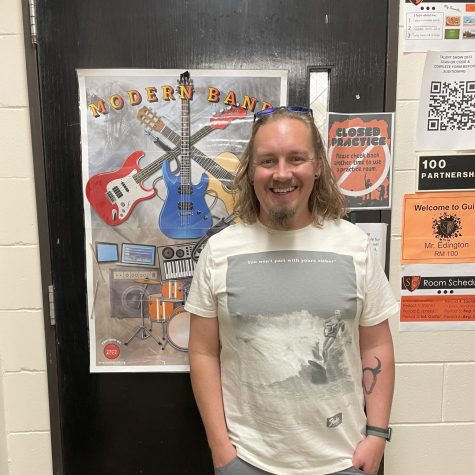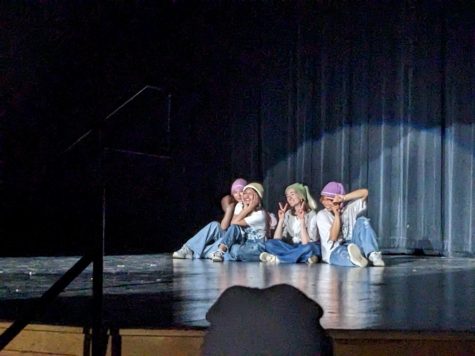New documentary “Love Them First: Lessons from Lucy Laney Elementary” sheds light on education standards
Kare11’s new documentary “Love Them First: Lessons from Lucy Laney Elementary” has been playing at various theaters, including the St. Anthony Main Theatre for the MSP International Film Festival. The film tells the story of Lucy Laney Elementary School in North Minneapolis as Principal Mauri Friestleben struggles to get the school off “the list.”
Schools are constantly being compared: South vs. Southwest, inner city vs. the suburbs, public schools vs. private schools. Seeing how your school measures up is a point of significance for students and staff. In Kare11’s new documentary, ‘Love Them First,’ the story of Lucy Laney Elementary School’s struggle to meet standards challenges the system of measuring success in education.
Directed by Lindsey Seavert and Ben Garvin, “Love Them First: Lessons from Lucy Laney Elementary” tells the story of Lucy Laney Elementary School, a Pre K-5 MPS public school in North Minneapolis. The documentary follows the efforts of dedicated principal Mauri Friestleben as she fights to get her school off “the list.”
“I think this film makes it clear it’s not a failing school,” said Garvin.
In North Minneapolis, an area known more for its violence than its education, Lucy Laney has become a beloved space for students, who are 90% Black and 90% in poverty. Many consider it the best part of the neighborhood that is home to them. “The Northside community does not have to be known as the place where people get shot,” said Lucy Laney Principal Mauri Friestleben.
Until Friestleben, who attended the school herself, stepped in, Lucy Laney had not been known as a good school. As part of a mandate from the No Child Left Behind Act, the school was required to send home a letter at the beginning of the year, saying that the school was failing.
Upon arrival at the school, Friestleben made it her mission to get Lucy Laney off this list. She rallied the staff, and they worked tirelessly to improve the scores of Lucy Laney. However, Friestleben’s priorities, although centered on education, began first with caring for the children, no matter what. Her mantra became “Love Them First,” which was eventually adopted as the name of the documentary.
Though Love Them First is centered on a story of hope for students and staff alike, it also sheds light on important issues in our current educational system.
In Minnesota, the primary basis for the success of a school is MCA scores, which in elementary school, are only taken in 3-5th grade. Because of this, the scores do not necessarily reflect the true improvements of students. The tests are also flawed in their lack of a well-rounded approach to measurement of learning.
“One test on one day doesn’t show how students are doing academically,” said Becky Trammell, a Special Ed teacher at Lucy Laney.
Additionally, Love Them First demonstrates firsthand the bias of our educational system against students of color and students from low-income families. Lucy Laney is working to change this by altering curriculum and ensuring that the diversity of their staff reflects that of the student body.
“I don’t believe you need to be a person of color to teach children of color, [but]…Kids need to see themselves reflected in the staff,” said Assistant Principal Lisa Pawelak.
First grade teacher Angie Ellefson focuses on making school a welcoming environment for students of color by including books that include African American Vernacular English in her curriculum. “They hear themselves in the dialogue,” she explained.
While Ellefson is glad the story of Lucy Laney is being told through Love Them First, she emphasized the importance of systematic change as well as caring for the students. “I do think that obviously loving children is important, but I also feel like there were a lot of warm fuzzies about the video… my hope is that the need will not get lost.”
The message of Love Them First as well as the important issues it addresses make this documentary a must-see. You can catch Love Them First on Kare11 in the fall, at various film festivals and public screenings throughout the summer, and at a special upcoming screening for Minneapolis Public Schools. The producers also hope to develop curriculum to accompany the film, so you may be able to see it in school as well.
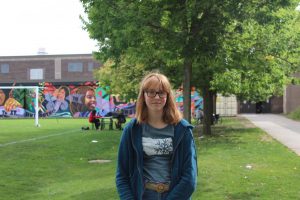
Erika Peterson is a junior in her third year on The Southerner. Previously serving as the Arts and Entertainment editor, she is now excited to be editing...

